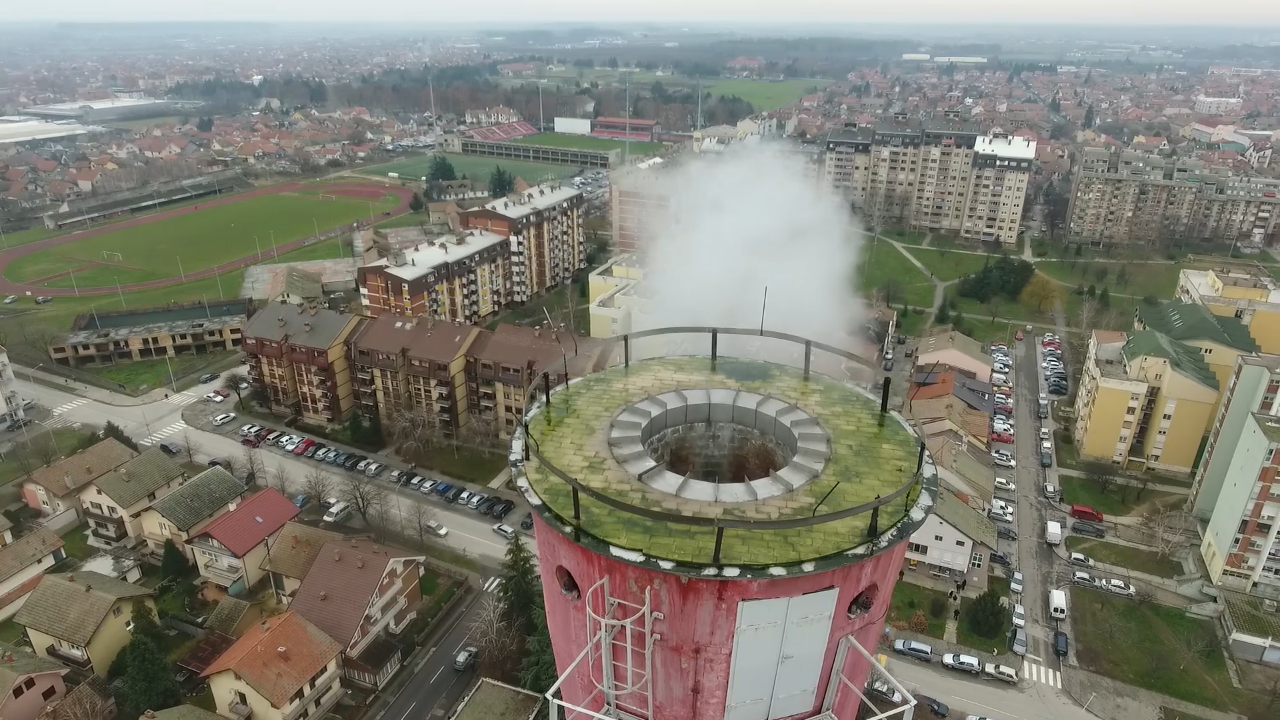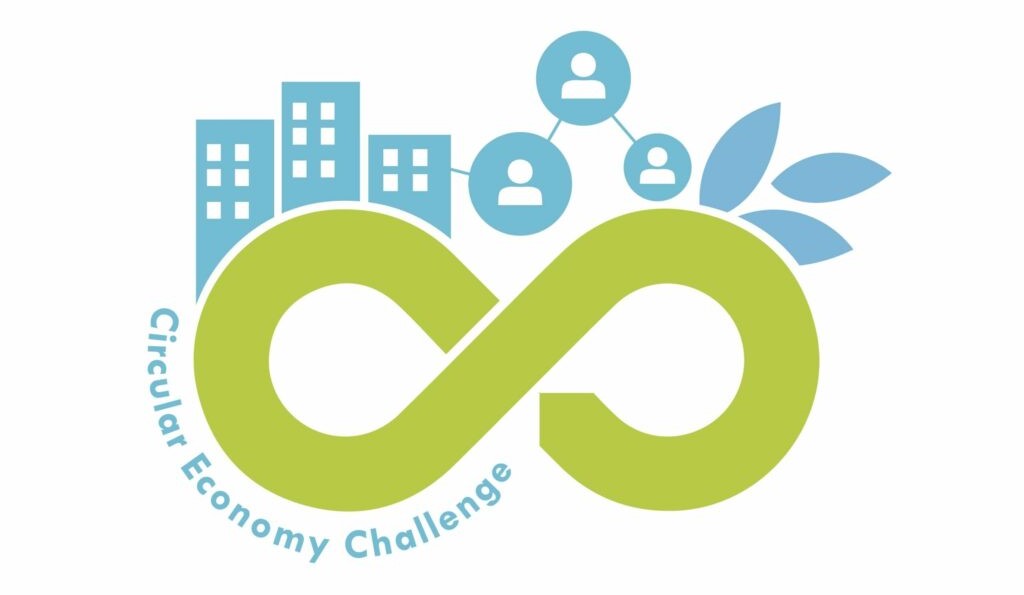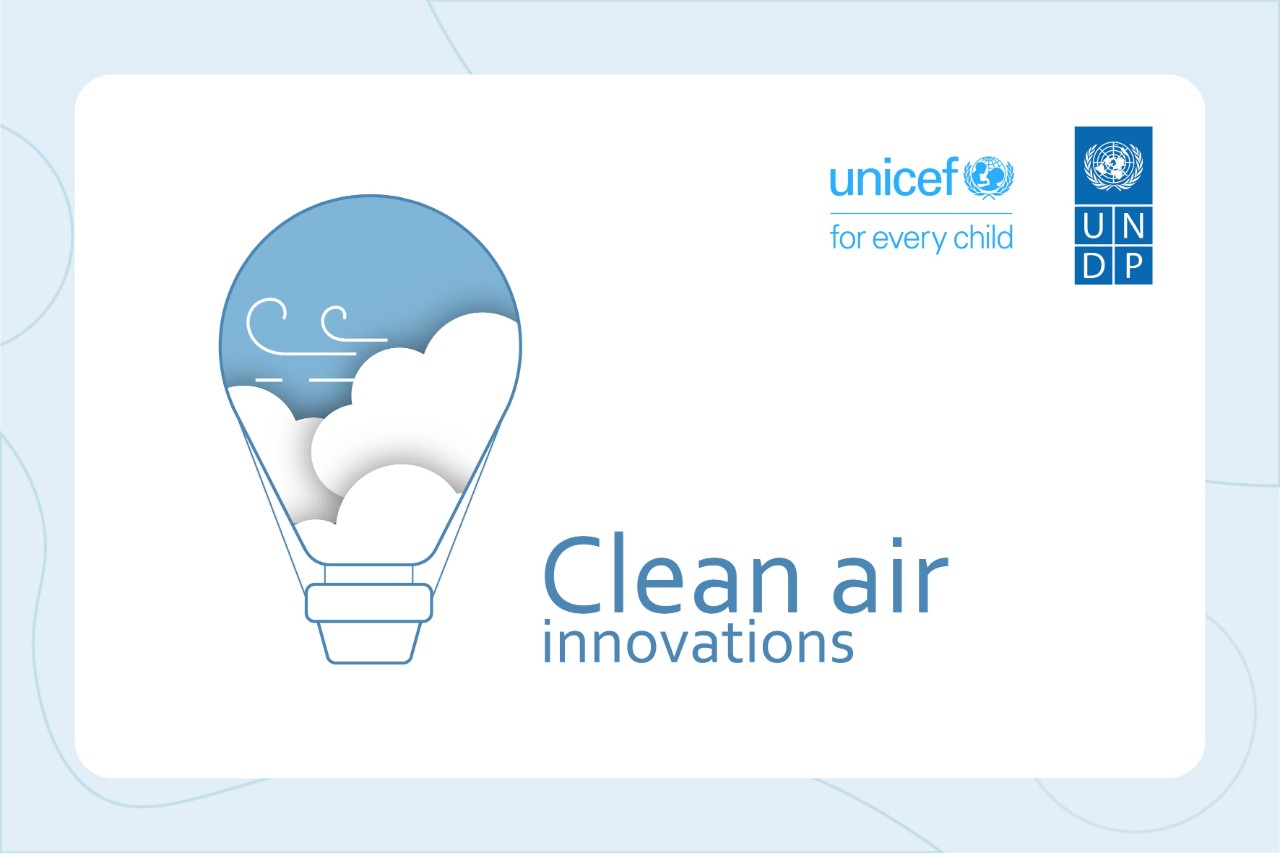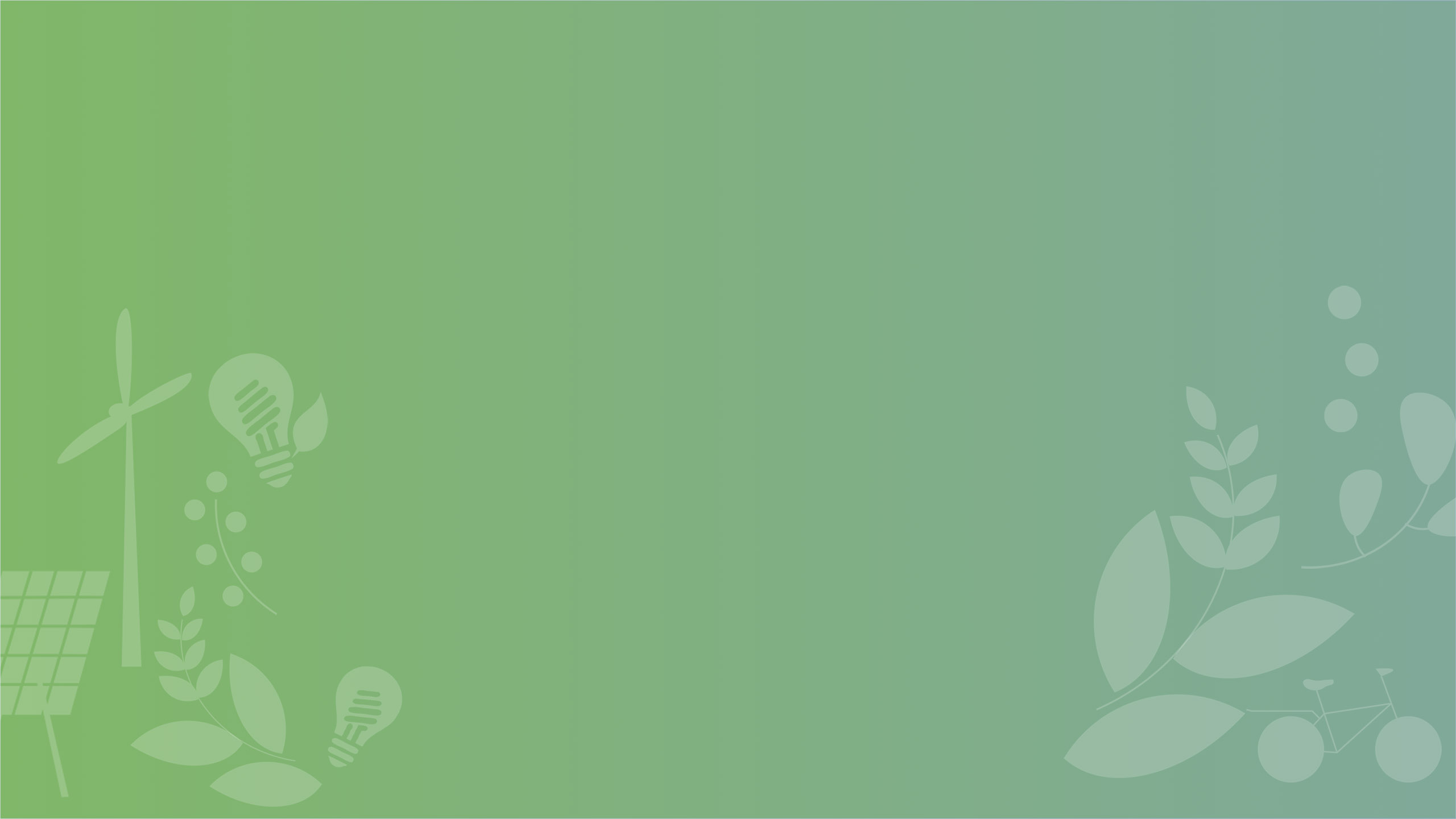-
Apr 09 2021 How both the environment and the citizens of Šabac pay lower price for heating?
In Šabac, the center of the Mačva district in Western Serbia, 10,000 out of 21,000 households still use solid fuels – coal and wood for heating. Clouds of smoke from their chimneys are among the main sources of air pollution during the heating season. They also directly contribute to greenhouse gas (GHG) emissions, heating up the planet, and exacerbating climate change. The situation is similar throughout Serbia, where more than half of households use solid fuels for heating.
To motivate as many citizens as possible to connect to the district heating system, the public utility company (PUC) “Toplana-Šabac” decided not to charge them for the costs of connecting to the system. They also found a way to save both citizens’ money for bills and the amount of energy used for heating.
In Šabac, unlike most cities in Serbia, the heating tariff is based on consumption, and not on the size of heated areas. Therefore, citizens are motivated to consume less thermal energy. One of them is Natalija Tubić, who says that her heating bill is now four times lower.
– We received a bill of 2,000 dinars. For example, in November last year, it was around 8,800 dinars. If you’re not home, you switch the heating off, so you consume less, you pay less, your bills are lower. Earlier, with the non-stop heating, it was too warm. You had to open the windows, and then the heat went to waste. – explains Natalija.
What made these saving possible is that, in parallel with introducing payment per consumption, “Toplana-Šabac”, supported the citizens to improve the thermal insulation of buildings with a subsidy of 50 per cent. Thanks to this initiative energy efficiency was increased in 40 residential buildings.
– For instance, in a building insulated with 10cm of wool or Styrofoam, we’ll save between 150 and 500 euro per apartment during the heating season, depending on the square footage of the apartment. Moreover, we reduced the CO2 emissions by two or three times for that building. – said Slobodan Jerotić, director of PUC “Toplana-Šabac”.
District heating in Šabac operates thanks to a smart system – SCADA, which PUC has been using since 2019. SCADA is hardware and software installed in heating substations – the place of transfer of thermal energy from the distribution grid to the citizens. Currently, 140 heating substations are connected to this remote monitoring system, and the connection of additional 130 is in progress.
– We save energy by distributing only the exact amount of heat that is necessary. Our software allows us to remotely monitor and verify temperature-related complaints, so we can react before a halt in heating supply occurs. – explains Miloš Marinković from the Department of Thermal Energy Distribution of the PUC.
Measurements in substations provide information on whether the buildings receive enough energy, how the connection of the new facility will affect the network, as well as on possible breakdowns. The SCADA system also allows all this data to be analysed. Thus, the PUC established that, on average, 30 breakdowns were recorded on the network annually due to the rapid heating of the system.
Last year, PUC started the system more slowly. Until December, no malfunctions were recorded. The system has thus proven to be cost-effective, especially bearing in mind that the repair of one breakdown can cost 10,000 euros.
To save energy, in addition to installing a smart system of district heating and insulation of buildings, the City of Šabac is also introducing renewable energy sources. In collaboration with the first Energy Cooperative in Serbia, established by the citizens’ association “Sunny Rooftops of Šabac”, a small photovoltaic plant of 3KW was installed on the roof of the thermal power plant.
The next step is a launch of a crowdfunding campaign to expand the photovoltaic plant’s capacity by 17 kilowatts. “Green” energy is also generated in a small boiler that currently uses biomass, instead of fuel oil it previously used. The objective for the future is set high.
– The ultimate goal of our energy policy is to become completely energy independent from fossil fuels by 2050 – announces Slobodan Jerotić.
By implementing this plan, CO2 emissions in Šabac will be reduced to a minimum, thus making the whole city smarter and more efficient in the process of adapting to climate change and energy-related challenges.
„Establishment of the SCADA System for Oversight and Management of Heat Distribution Substations at the District Heating System of the City of Šabac“ has been awarded as one of 11 best innovative and climate-smart solutions within the “Climate Smart Urban Development Challenge” initiative, implemented by the United Nations Development Programme (UNDP) in partnership with the Ministry of Environmental Protection, with financial support from the Global Environment Facility (GEF). It is estimated that this initiative will contribute to reduction of CO2 emissions by 31,660 tons, which is equal to the emissions of about 6,200 passenger vehicles in motion during one year.
-
Mar 25 2021 The Digital Platform for Circular Economy has started working
The Chamber of Commerce of Serbia (PKS), United Nations Development Program (UNDP) and the German Agency for International Cooperation (GIZ) have founded the Digital Platform for Circular Economy (CE-HUB). As it was explained at the online conference during the launching of the platform, it will support companies through business models, good practice and other tools, to facilitate the development of the circular business model, reduce the carbon footprint in production processes and products and maintain competitiveness in the European and international market.
– CE-HUB represents a source of knowledge and activities intended primarily for the Serbian economy, in order to turn to green investments – said Mihailo Vesović, Director of the Division for Strategic Analyses, Services and Internationalization of the Chamber of Commerce and Industry of Serbia, at a conference attended by more than 160 representatives of companies, local governments and institutions.
According to Žarko Petrović, Programme Specialist – Resilient Development at UNDP, there are currently several thousand dump sites in Serbia that are polluting the environment, and the development of the recycling industry could open 30,000 new jobs by 2030.
– Circular economy: reuse, repurposing or recycling of materials could reduce 33 percent of the greenhouse gas emissions. UNDP supports and finances the development of circular business models in Serbia, such as Jugo-Impex E.E.R. and company Eso Tron Ltd. Given the EU Green Deal and Serbia’s new climate strategic framework, we believe that circular economy is an opportunity to make the economy greener, resilient and sustainable – said Petrović.
Antoine Avignon, Program Manager at the EU Delegation in Serbia for Environment and Climate Change, explained how important the platform for promoting the circular economy in Serbia is. According to Avignon, the Green Agenda for the Western Balkans is a good framework and in cooperation with UNDP study on green finance will be prepared, which will help to define tools for financing green business.
– In the previous year two strategic documents were adopted, with a goal to improve the environment of the circular economy, one is a proposal for defining specific public policies in this area, and the other is the new Industrial Policy Strategy of Serbia – said Tomislav Knežević from GIZ.
Marko Pećanac, Foreign Investment Advisor at the Office of the President of the Republic of Serbia, invited companies, especially members of the Green Alliance, to propose in cooperation with the PKS potential solutions to address regulatory
barriers as effectively as possible and to make Serbia a regional leader in this field. As he pointed out, the President and the Government of the Republic of Serbia are giving their full support to the green transition.
Siniša Mitrović, Head of the Centre for Circular Economy of the PKS stressed out that the transition to a circular economy will increase the resilience of the Serbian economy to climate change, and GDP by 1 percent.
– For the green transition to come to life, the most important thing is the transfer of knowledge and access to finance for companies – said Mitrović and added that CE-HUB’s activities will focus on cooperation with the Green Alliance and “green managers” dealing with the circular economy in companies.
Nenad Miščević, CEO of the Nectar Group, pointed out that the company is proud to be one of the founders of the Alliance for Green Transformation, as well as that Nektar has invested more than 7 million euros in a biogas plant in Bačka Palanka and biomass plant in Vladičin Han.
– These investments make it possible for us to use organic waste from fruit processing and other organic materials for the production of green energy and organic fertilizer for our fruit plantations – said Miščević and added that this company is committed to reducing emissions by 20% by 2030.
Representatives of the Bosis, Ball Packaging Europe and Strauss Adriatic announced more intensive activities to modernize production processes, in order to reduce the carbon footprint of products and increase the use of renewable energy sources in production.
Companies in Green Alliance: Bosis, Strauss Adriatic, Ball Packaging, Division Visual Solutions, Green Fusion Energy, ElixirEnergy, Coca Cola HBC Srbija, Trayal Corporation, Avista-Oil, Knjaz Miloš, Eso Tron, E-Reciklaža, Nectar, Bio Energo Partner MD, Institut Eko-privrede Stara Pazova, Stejpak, PUC Toplana-Šabac, Association 3E, Cirekon, Umka Cardboard Mill, Science and Technology Park Niš, Polipak.
For more information about the Platform for Circular Economy: https://www.circulareconomy-serbia.com/
-
Dec 02 2020 Call for innovative circular economy projects
To encourage and accelerate the development of solutions and business models that will directly contribute to greenhouse gas emission (GHG) reduction and climate change mitigation, United Nations Development Program (UNDP) and the Ministry of Environmental Protection, in cooperation with the Global Environment Facility (GEF) are launching a Public Call for innovative projects that apply principles of the circular economy.
The Call refers to sourcing innovative and cost-effective projects, business models and technical solutions for reducing carbon footprint/greenhouse gas emissions by applying circular economy principles. In parallel, projects should generate social, economic and environmental benefits for the community and its citizens.
Public Call for innovative circular economy project proposals will be open from December 1, 2020, to February 1, 2021, for local self – governments (cities and municipalities), public utility companies, private sector and civil society organizations registered in the Republic of Serbia.
Authors of the best proposals, selected in accordance with the evaluation criteria, will receive mentorship and other professional support in the Acceleration phase, to develop their ideas into mature projects and qualify for possible co-financing for implementation.
In order to meet the EU accession goals and maintain competitiveness at the international market, Serbia needs to accelerate the transition to a circular economy and low-carbon development. The EU Green Agenda for the Western Balkans will open financing opportunities for green businesses and projects. This Call also aims to support the industry and the business sector to increase their capacity to attract such investments.
Circular business models represent a chance for a sustainable recovery of the business sector, especially small and medium enterprises, from the consequences of the COVID 19 pandemic. The Call is an opportunity for companies to plan new, green business ventures that will make them sustainable and resilient to similar crises in the future.
This Public Call is part of the preparatory process for the project “Reducing Community Carbon Footprint by Circular Economy Approach in the Republic of Serbia”, which is expected to begin in the second half of 2021.
For more information, please visit: https://inovacije.klimatskepromene.rs/cirkularna-ekonomija/.
-
Oct 06 2020 Zero-waste, no pollution & “green” power in production of essential oils in Serbia
The endless fields of immortelle and lavender, where this aromatic herb is carefully cultivated and harvested, only this time not an attraction in the Mediterranean, but in Eastern Serbia. In the town of Gornja Mutnica, in the vicinity of Paracin, on about 315 hectares of plantations of the Serbian-Belgian company Sanicula, other Mediterranean cultures such as lemon balm, thyme and heather are organically grown. After the harvest season, these plants are distilled into essential oils which, due to their quality, are attractive for customers on the world market.
There are benefits for the local community too. Firstly, this company employs about 200 families from nearby villages. Every morning, they start the day with a cup of coffee that Novica Šutić, founder and owner of the company, serves to his employees.
– It’s my fifth season here. It can be hard work, but it is relaxing for your mind and brain. Jokes, laughter and days go by – says one of the workers in the fields of Sanicula.
While developing his business, Šutić came up with a formula that allows him to give nature something in return in the environment where he operates.
The entire production process is complete – from raw materials to the establishment of plantations, the use of own machinery, planting, processing, maintenance of plantations, harvesting and extracting of essential oils from Mediterranean aromatic plants.
Seeing that distillation of plants into essential oils generates a large amount of waste, i.e. biomass, the company team has decided to make bio-pellet from it. The technology of bio-pellet production from aromatic plant waste is very similar to the production of wood pellets, and this facility near Paraćin is the first of its kind in Serbia.
– The growth of the company, the constant expanding of plantations and the search for affordable and clean energy at the same time have made us start experimenting with biomass. After our first analyses showed that our bio-pellet had a high calorific value, everything started to come together – Novica explains.
Sanikula uses bio-pellet as an energy source in its distillation and drying facility, and the ash that remains after its combustion as organic fertilizer on plantations. By applying this circular approach, the production of essential oils does not generate waste, and economic development does not endanger the environment.
– Our plan for the annual production is to reach 3,000 tons of bio-pellet by 2023. In terms of energy generation potential, this is equivalent to the amount of 700 tons of coal and 200 tons of diesel fuel – Šutić emphasises.
The use of bio-pellet improves the effect of reducing greenhouse gas (GHG) emissions, thus mitigating the effects of climate change. At the moment, plants on Sanicula’s fields absorb 10 times more carbon dioxide (CO2) from the atmosphere than this company emits in the production of essential oils. Ecologically sustainable production makes their business sustainable too. Namely, longer periods of drought, and more severe floods, which affect Serbia, significantly reduce the yields of Mediterranean herbs.
Sanicula’s project “Innovative approach to the production of pellets from medicinal herbs”, has been awarded as one of the five best innovative and climate-smart solutions within the scope of the project “Climate Smart Urban Development”, implemented by the United Nations Development Programme (UNDP) in partnership with the Ministry of Environmental Protection, with financial support from the Global Environment Facility (GEF). The realization of this solution will contribute to the success of a business based on the principles of sustainable development, through the reduction of carbon dioxide (CO2) emissions, and the application of the “zero-waste” concept, which strives to eliminate waste from the production process. It is estimated that emission reductions equal to 20,000 tons of CO2 will be achieved during the project lifetime.
By clicking on this video, you can learn more about the process.
-
Oct 05 2020 Clean air challenge: Calling for innovations to reduce air pollution in Serbia and improve air quality
Exposure to air pollution has serious negative implications to human health, length and quality of life. Serbian Environment Protection Agency’s data show that the levels of air pollutants exceed the limit values in a number of cities/municipalities.
In order to contribute to improving the quality of the air that we all breath, UNDP Serbia, in cooperation with the UNICEF and WHO, is soliciting legal entities to propose innovative ways of producing or procuring innovative products, technological solutions and new value chains related to the following categories:
- Individual heating/combustion units (in households, public buildings) improved in terms of reduced emissions of pollutants, improved efficiency of energy-use, multifunctionality, etc.;
- Devices, software or methods for air quality monitoring, data processing and publication of results, preferably in open data format.
- Exceptionally novel and effective Air purifiers (individual or collective air purifying).
- Other equipment or advanced processes that contribute to the reduction of air pollution from the following sectors: transport, agriculture, industry, utilities (communal hygiene of public spaces, waste management, etc).
- Solutions focused on mitigating/reducing air pollution impact on children. This category also accepts individual proposals, and is particularly intended for young people, university students, and private sector.
The upcoming deadlines are:
Early bird deadline: October 20th, 2020
2nd phase deadline: November 20th, 2020
You can read more about Challenge here.






